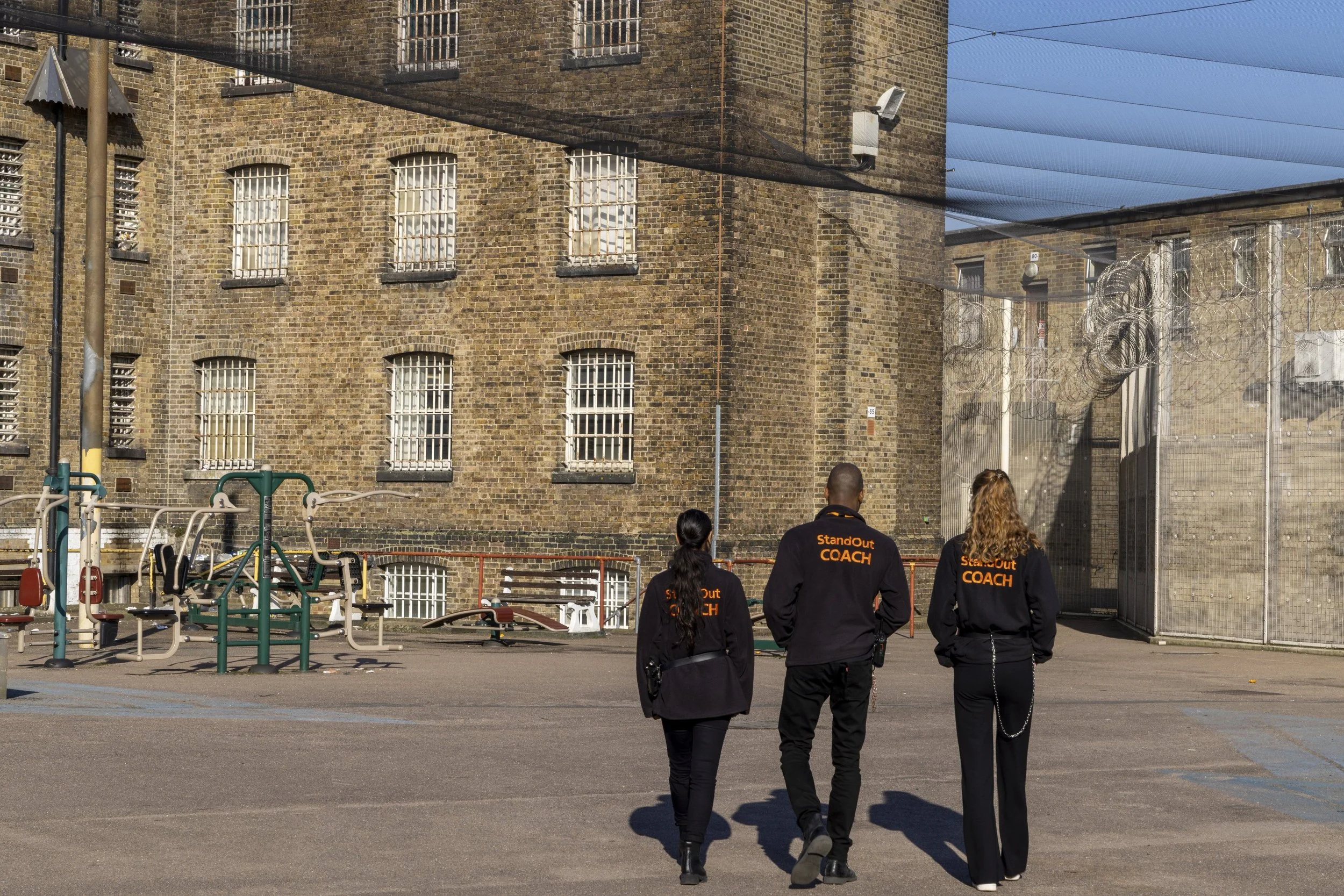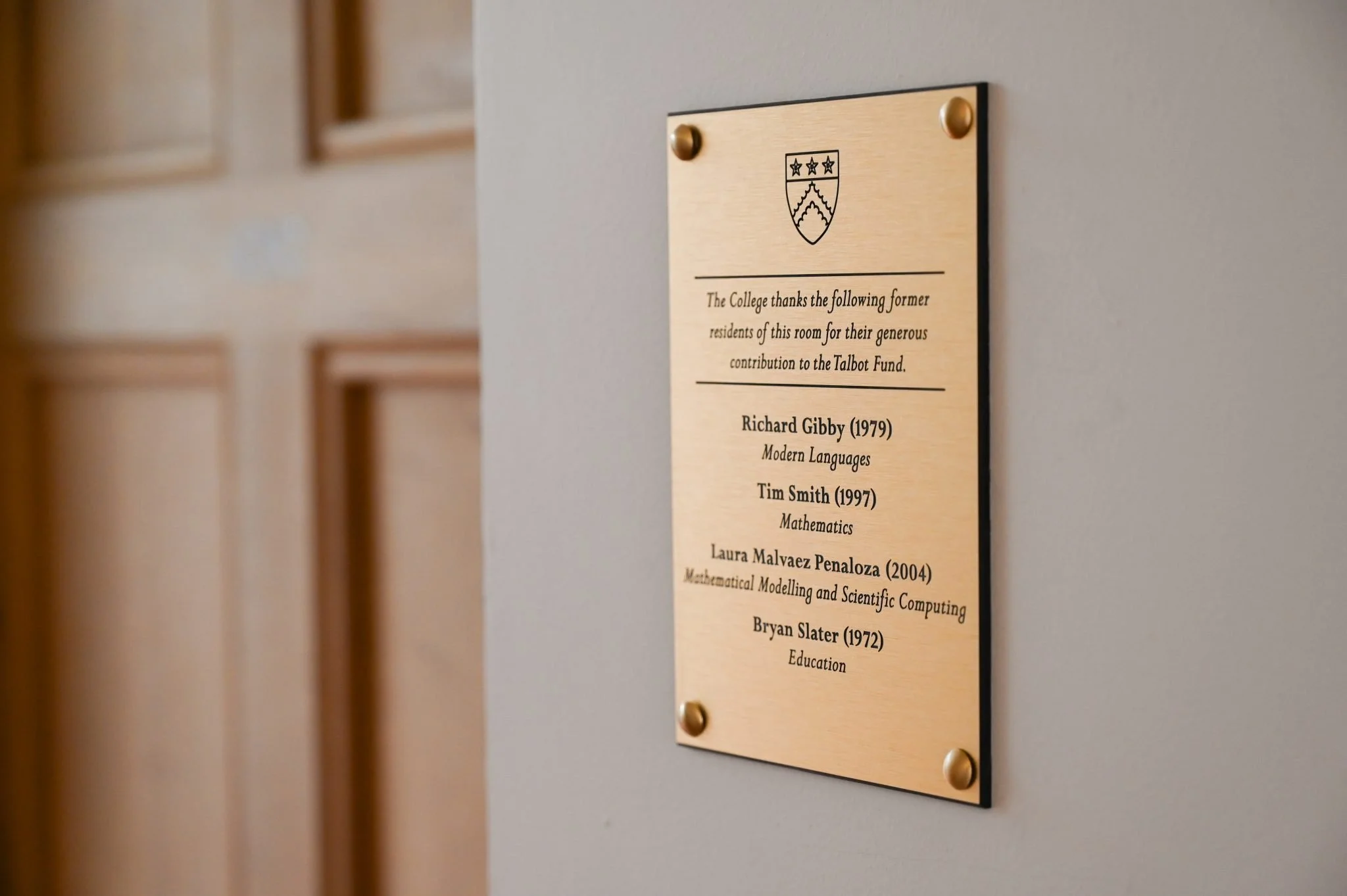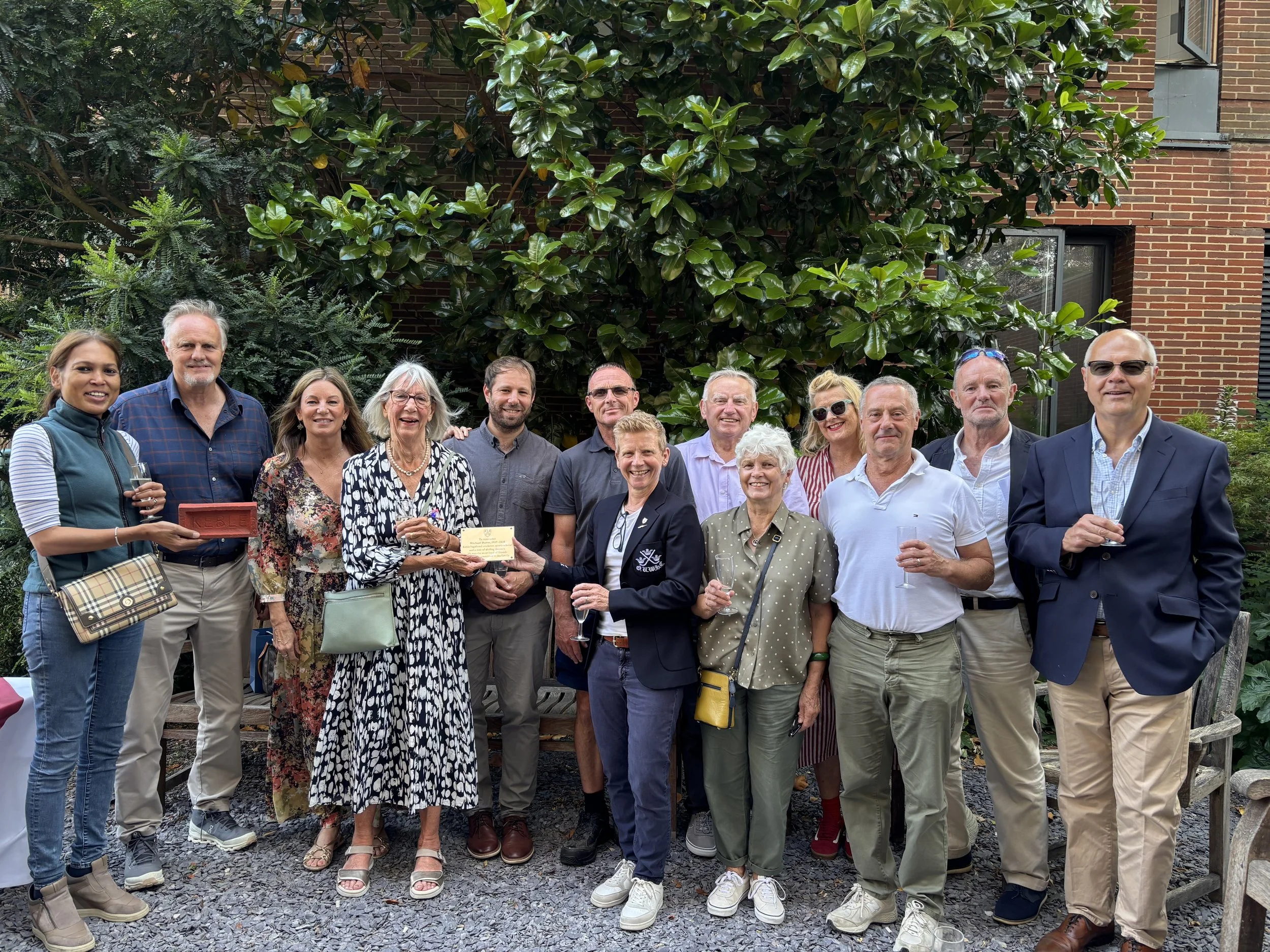Volunteering with StandOut | Andrew Hughes
Andrew Hughes is a Trustee at StandOut, a charity focused on the rehabilitation of prisoners through a training programme ahead of release, a "meet and greet" at the prison gate on release, and ongoing support in areas such as employment, housing and health.
Andrew Hughes (1981 Philosophy, Politics and Economics) writes:
Some years ago, a colleague suggested to me that when I came to have some spare time, I should think about volunteering in a UK prison. At the time, this seemed an unusual idea, but it stayed with me until I retired from full-time work in banking and retailing 20 years later. So, in 2023 I contacted StandOut, a London-based charity that supports people in rebuilding their lives after prison.
The StandOut programme has three phases: the StandOut course, preparation for release, and post-release support and training. Support begins in prison with an intensive course to prepare people for life outside. After the course, coaches continue working with participants to ensure that they have the basics in place for release. The hard work then really starts when people leave prison. StandOut’s support in the community combines practical support and individual coaching, for as long as necessary.
The StandOut course requires considerable support from volunteers, giving participants one-to-one support for CV writing and interview practice. This is where I started my journey, spending time in a variety of London prisons. I spent over 12 months volunteering before becoming a trustee, helping in particular with strategy and finance.
So, what’s the attraction? We often hear about “win-win” situations, but this has many wins. The participants themselves are hugely grateful. Many cannot understand why anyone would volunteer to spend their time coming into prison to help them. Additionally, anything that can reduce the reoffending rate, currently 42% within 12 months, helps the overstretched prison system, the taxpayer, and the individual who can reintegrate into society. And of course, less reoffending means fewer victims of crime in the future.
Rolling all this together gives a great sense of satisfaction and purpose, so much so that other family members are now keen volunteers. Perhaps the highlight of each course is the “graduation” at the end, where participants talk honestly about their feelings. One hadn’t spoken to his cellmate for six months before they both came on the course. Another stated that he would never have thought about applying for a job before attending. And most touching of all was the grandfather who had missed his children growing up and wanted to see his grandkids. This certainly struck a chord with all the other fathers on the course.
Every visit brings a different story, and the best news of all is that the StandOut programme reduces the reoffending rate by around half.









